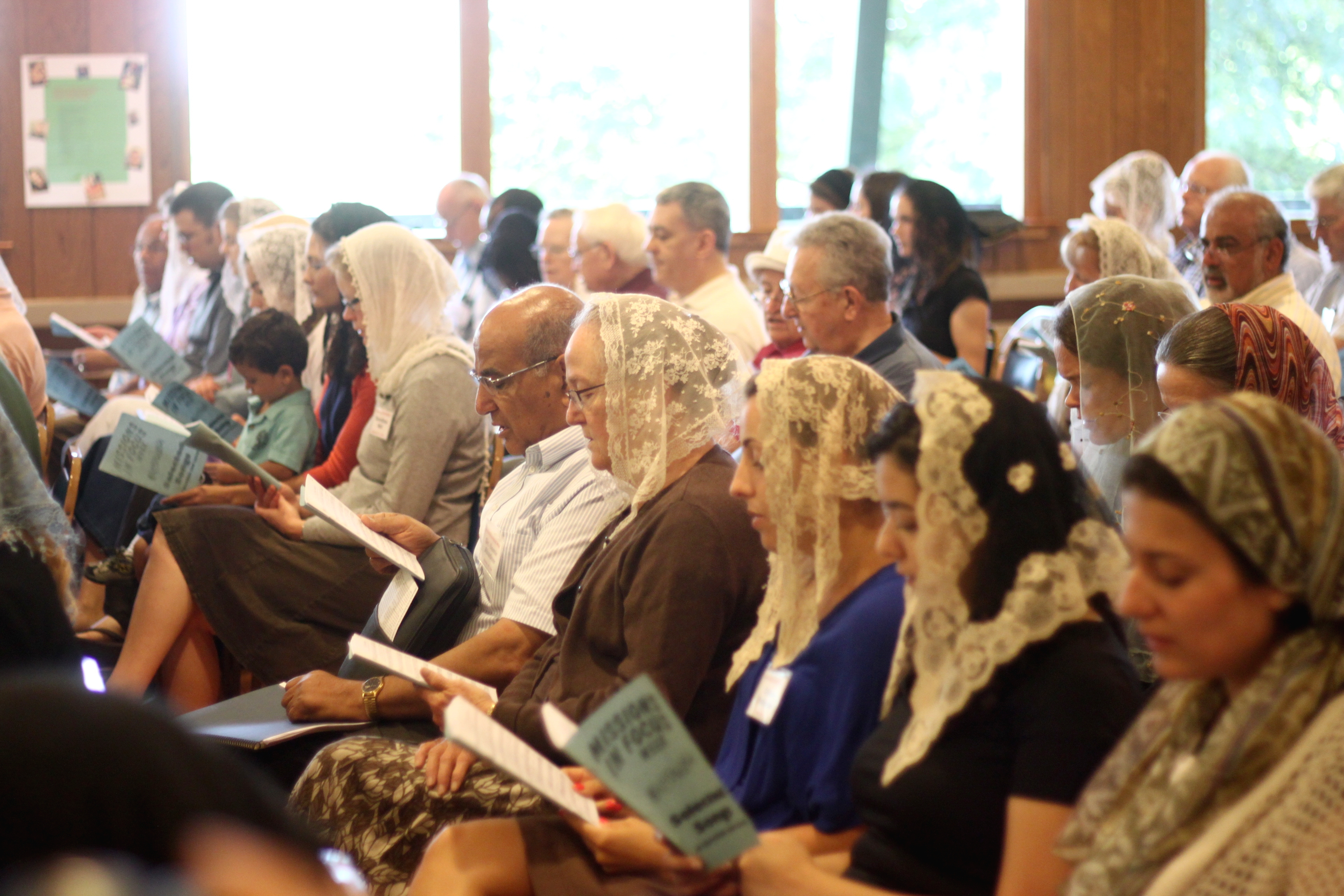Our Incarnate Lord

The way our blessed Lord is presented in the holy Gospels has for the devout heart a peculiar charm. The heart dwells with delight upon the glories, both divine and human, that the Spirit of God presents in Him. He came to fill full as well as fulfill the whole will of God, as before written. He was the embodiment of every promise, prophecy, type, symbol and shadow before outlined in the Book of God. It is remarkable that while presenting Him in all the riches of glory, the Holy Spirit seldom or never uses the word "as" to distinguish between Godhead and Manhood. Instead of saying He speaks here as God, and there as Man, the Spirit shows Him acting in His own unique Personality, always the same One glorious Person, the Son become a Man, the Word become flesh. At one time He is spoken of in word or act when the fountain of Deity is the source from whence the word and act flow; at another the gracious activities are those of a veritable Man, while in the greater part of that life, the union of both natures are evidenced in such a way as to present the Divine-Human Personality of our Lord, in all the mystery of its holy glory.
This calls for careful consideration, but one or two passages may be suggested before passing on. Speaking of Himself as "I am" and in raising the dead, it is the Son speaking and acting in His Godhead power. "Show Me a penny." "I thirst," or sleeping in the ship, portray the same blessed One in the grace of Manhood. But "Come unto Me," "Ye believe in God, believe also in Me," "I give unto My sheep eternal life," are statements which clearly cover all that He is both Divine and Human. This last, as we have indicated, places Him before us in both natures and covers the greater part of the Gospel records.
This may be clearly apprehended if we remember that whether "Shepherd," "Lord," "Head," "Saviour," "Prophet," "Priest" or "King," He must be both God and Man. In any one of these positions, let us say "Saviour," He is not seen in Godhead only, nor only a Man, but in all His Mediatorial fulness, able, in Godhead fulness, to stand on the part of God, and in the perfection of Manhood to undertake everything for man.
What is before us is the glory of our Lord Jesus Christ. We are not attempting to intrude into this holy mystery of the Divine and human in Him or vainly seeking to discover how such a thing could be. Many prefer to hold back on account of the solemn grandeur of the theme. This indeed is praiseworthy, and more so when we think of the many who have made shipwreck. But after all it is set before us for instruction and blessing, and if taken up in the spirit of worship and holy reverence, it becomes the most soul enriching of all that Scripture presents of the precious things of heaven. Each member of the Blessed Trinity speaks of our Lord as uniting in Himself both the Divine and Human natures. The Old Testament anticipated this and the New is full of it. "Thy throne, O God, is forever," is said by the Father to the One He speaks of as "the Man who is My Fellow" (Ps. 45: 6, 7; Heb. 1: 8; Zech. 13: 7). The blessed Lord says "I am" and yet "the Son of Man who had no where to lay "His head." The Spirit speaks of "the Man Christ Jesus as "Who is over all, God blessed for ever" (John 8: 58); Matt. 8: 20; 1 Tim. 2: 5; Rom. 9: 5).
This opens up a glorious range of truth which claims our attention, engages us in devout meditation, and produces in us deepest praise. We are apt to forget, however, that the Person is One; and doubtless the word "as," which we often use, betrays our inability, unconscious even to ourselves, to hold the truth of the Person in true balance. The word "Person" is not used in Scripture of any Godhead Being, but the pronouns "I," "Me," "He" and "Him" are used by and of our Lord in such a way that we can apprehend (though never comprehend) Him, God become Man. The import of the above may be seen by calling attention to the statement that "It was as Man only that our Lord died." One has heard this asserted and strenuously maintained by true-hearted saints who were jealous of the Lord's glory. The statement falls short of the truth. If the Cross is nothing more than the death of a Man we can have no atonement. That His death is limited to our Lord's Manhood in many minds may be gathered from the retort (as soon as it is questioned) that He could not die as God. No one affirms that death could touch Godhead in Him, but while avoiding such a thought it does not follow that His death was only that of a Man. The blessed Person Who died is God as well as Man, the Word become flesh: and unless we keep this clear we cannot have an apprehension of the glory of the Cross. Scripture says, "We were reconciled to God by the death of His Son" (Rom. 5: 10). "God sending His own Son in the likeness of sinful flesh and for sin, condemned sin in the flesh" (Rom. 8: 3). The Lord of glory was crucified (1 Cor. 2: 8). The Son has made purgation for sins (Heb. 1: 3). And Paul has said, "The Son of God who loved me and gave Himself for me" (Gal. 2: 20).
These passages and many more show the glory of the Cross, for although God cannot die, He has in wondrous grace taken His own way to come right down into death in its deepest and most solemn sense, even that of His own offended majesty and judgment against sin. It is here that the Incarnation fits in with divine precision. The Son, who is God, becomes Man to bear, on the one side the judgment due to man, and on the other, to give effect, on the part of God, to all the purposes of eternity.
The miracle of Incarnation is the outstanding wonder of the Godhead and of eternity. Around it all Scripture pours its treasures. God's purpose had man in view for a place and relationship infinitely beyond his created standing. He had fallen from the created place, and death the judgment of God, rested upon him Man needed One who could meet the death state and remove it, while God called for One, who, while meeting the fallen state, could give effect to all His counsels of eternal love. Who can estimate the terrors of that hour, or stand in the judgment with God? His majesty outraged, the glory of His throne trampled upon, His Name, His Character, His Being, all profaned and outraged. Had God executed judgment upon man it would have swept him away forever, the result from which would have been the Creator's defeat in the sons of men in whom He delighted.
What then? JESUS. Here is One who is God and Man, the Son become a Man, and all is met, perfectly and for ever met in Him. Judgment is divine and infinite, so also the Sacrifice. No Theophany- Divine manifestation as seen in the Old Testament again and again, will suffice. No, it must be the great and glorious Theanthropos, which is God and Man in one glorious Person for ever. But while insisting on the divine side nothing must be allowed to weaken the other. It was a Man who died, not merely a Divine Person in a human condition. A condition could not die for sinners, nor be nailed to a tree. No, we adoringly behold in Him who hung there God, in the full revelation of all that God is, while we see Him; a Man, the first to enter into all that that revelation unfolds.




